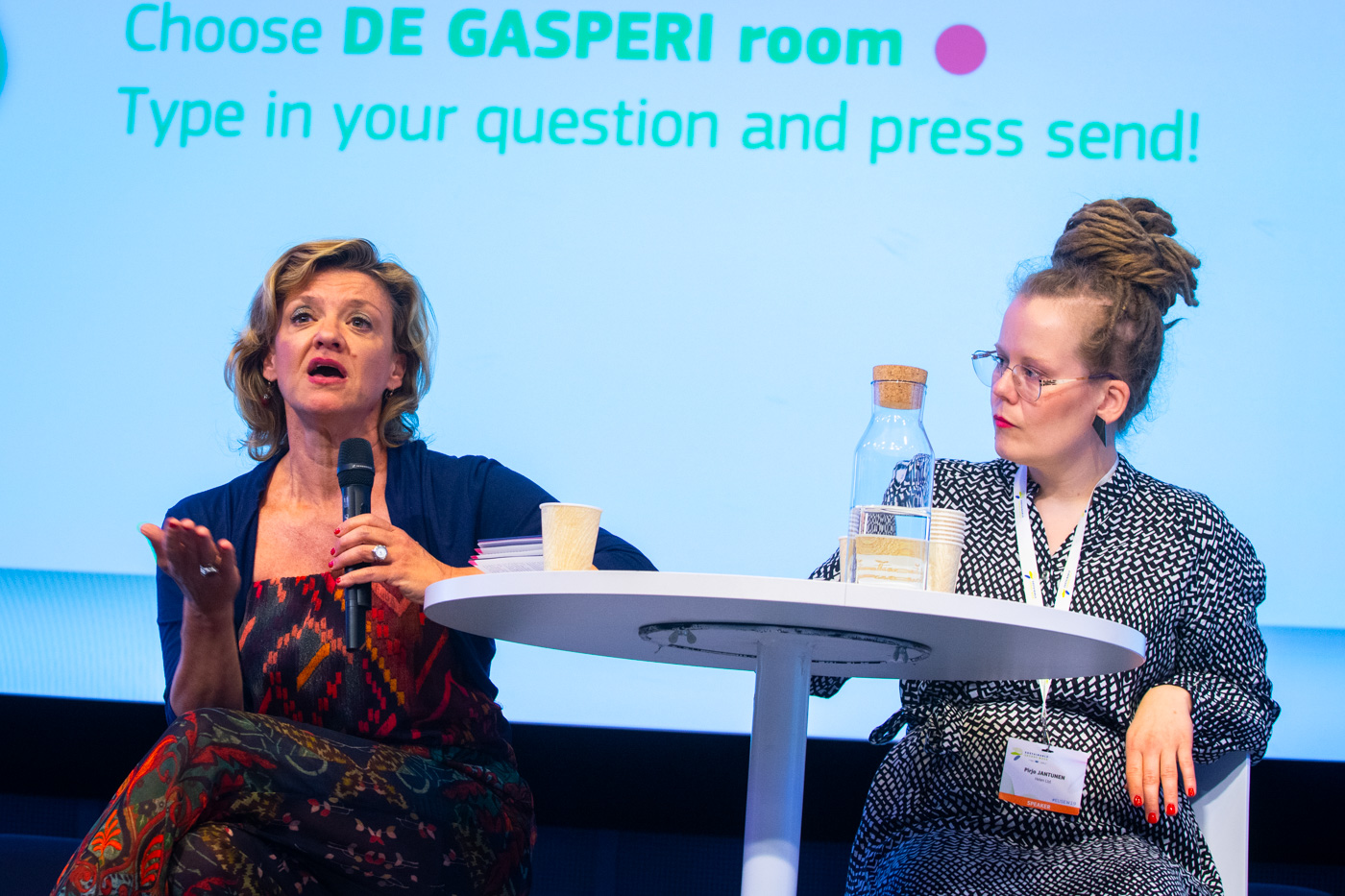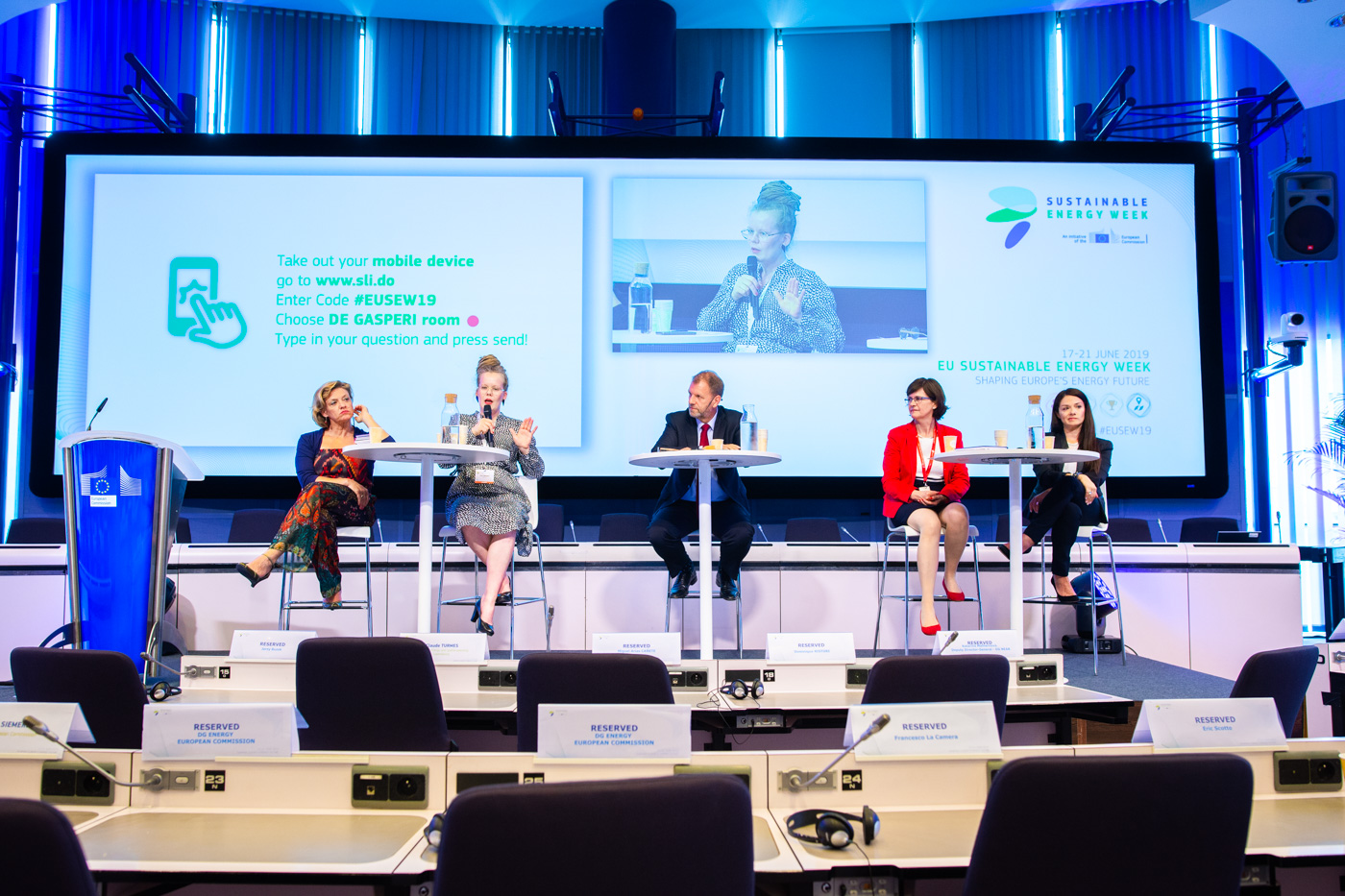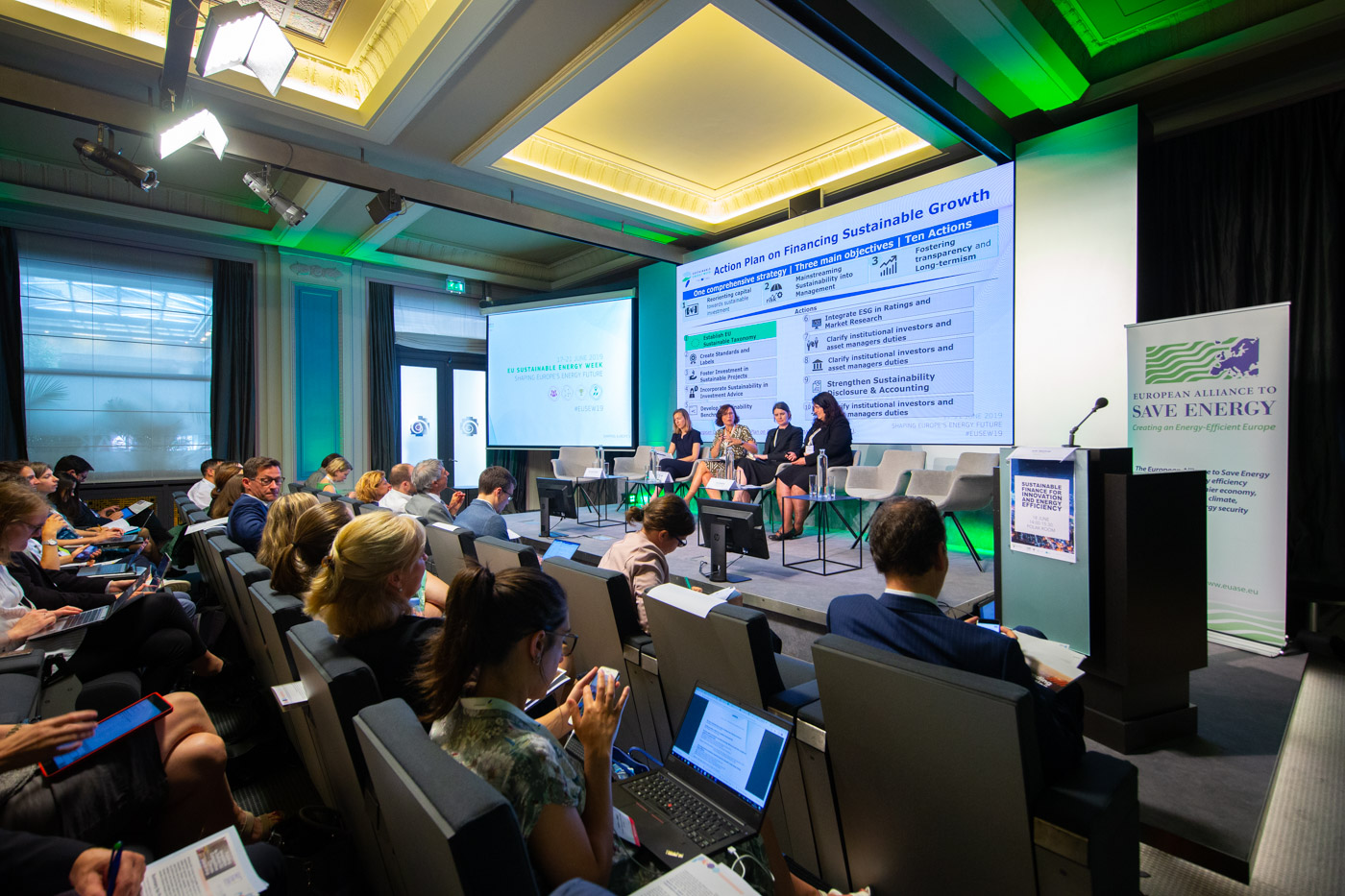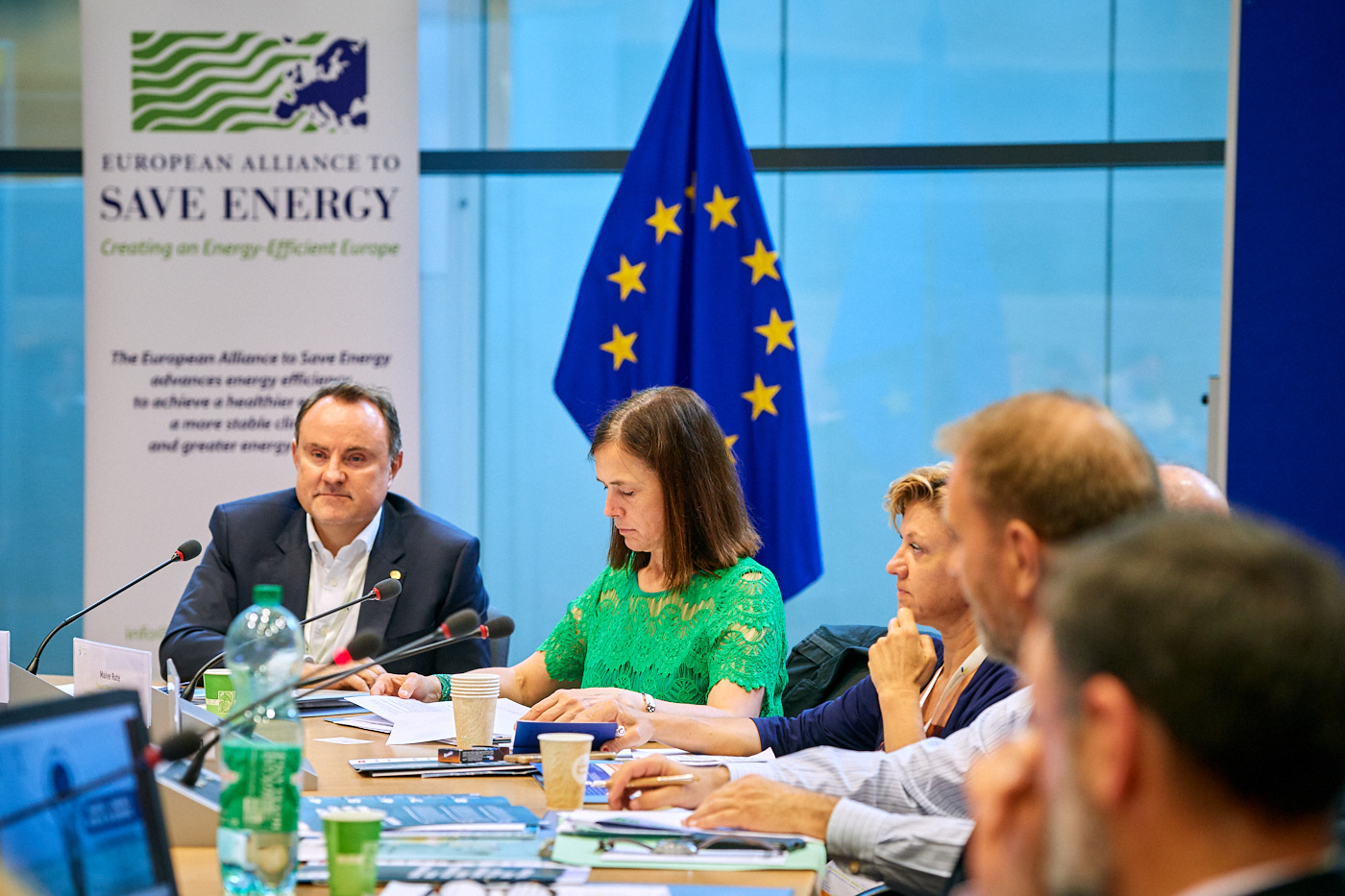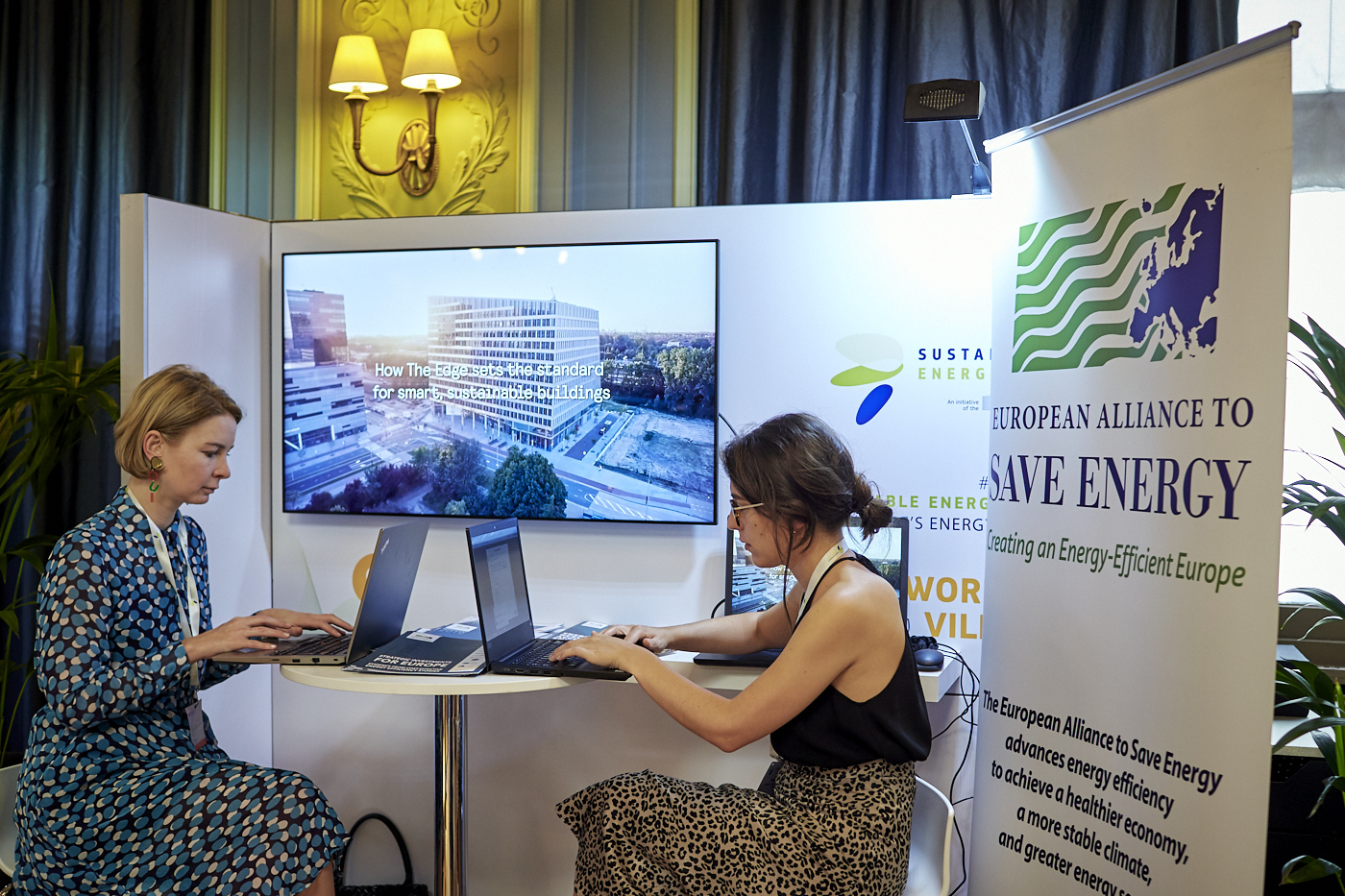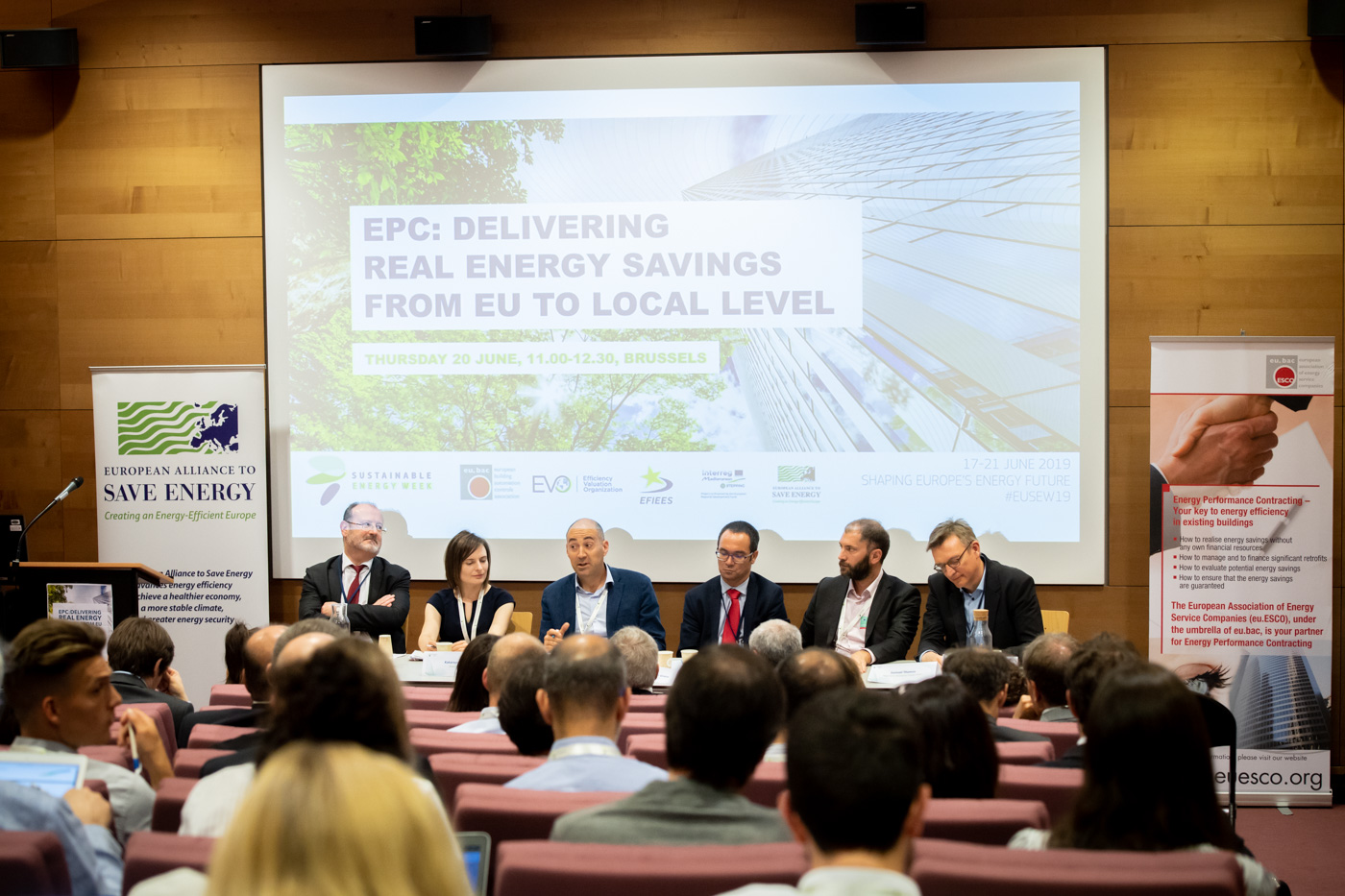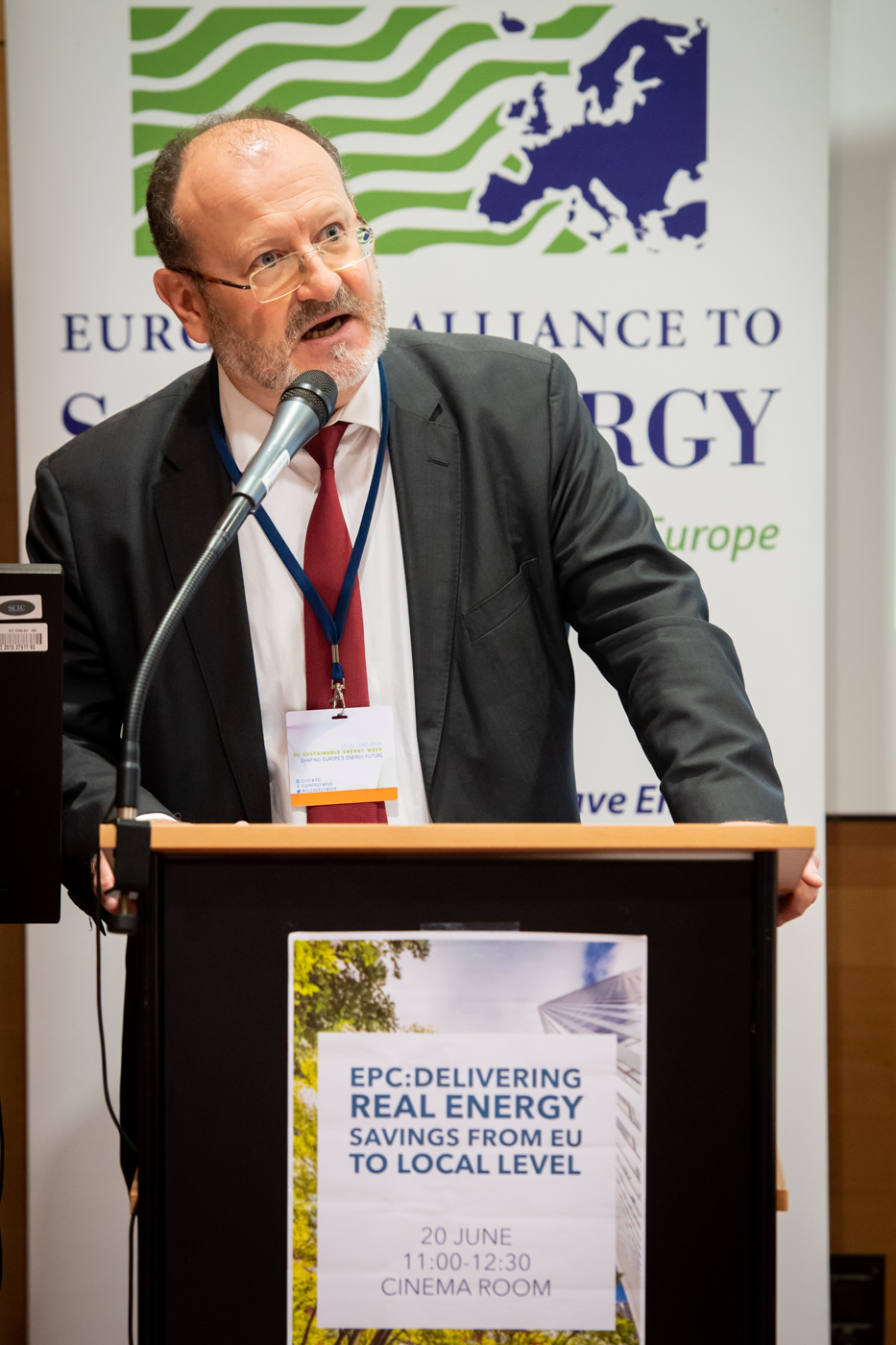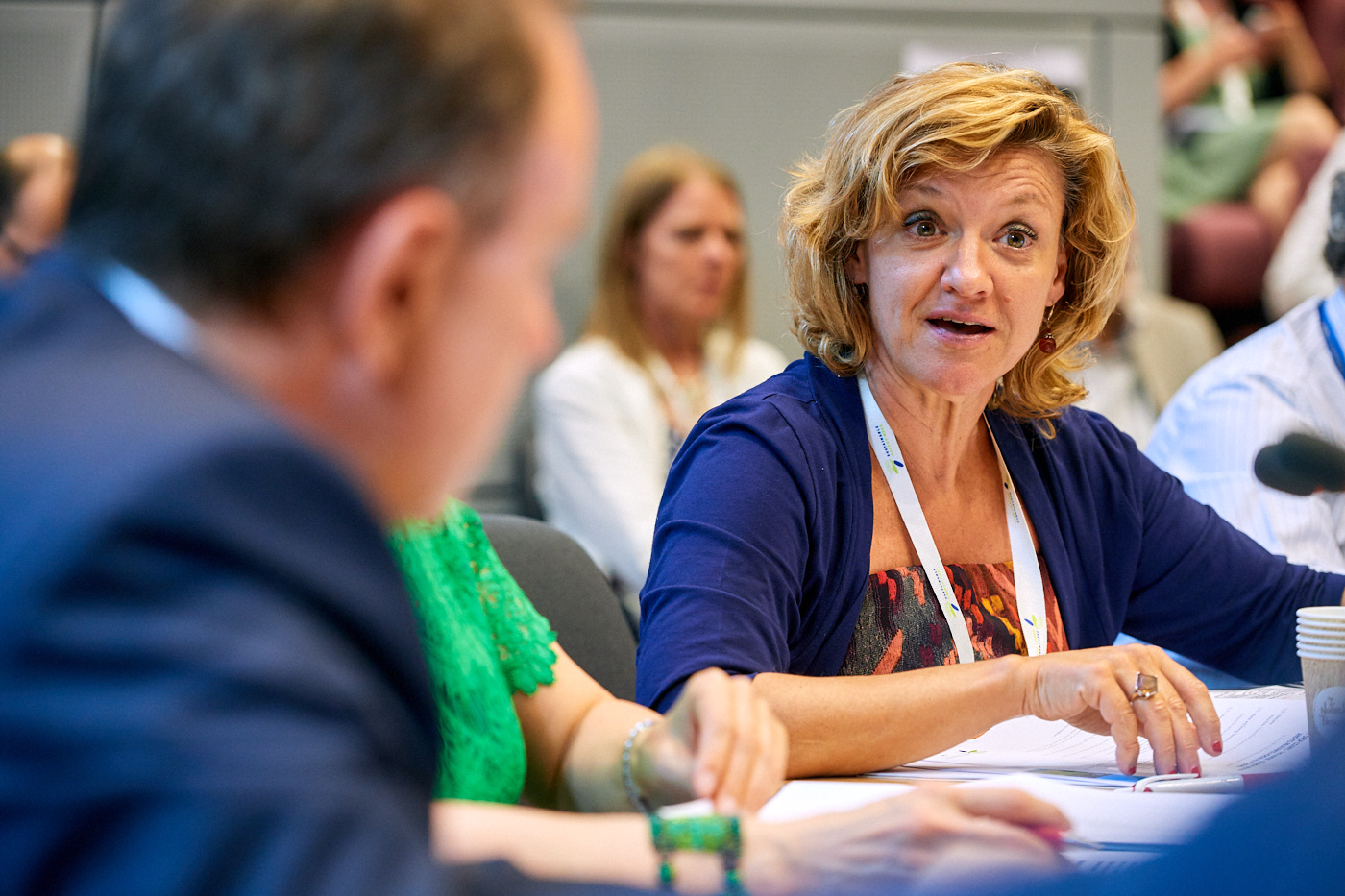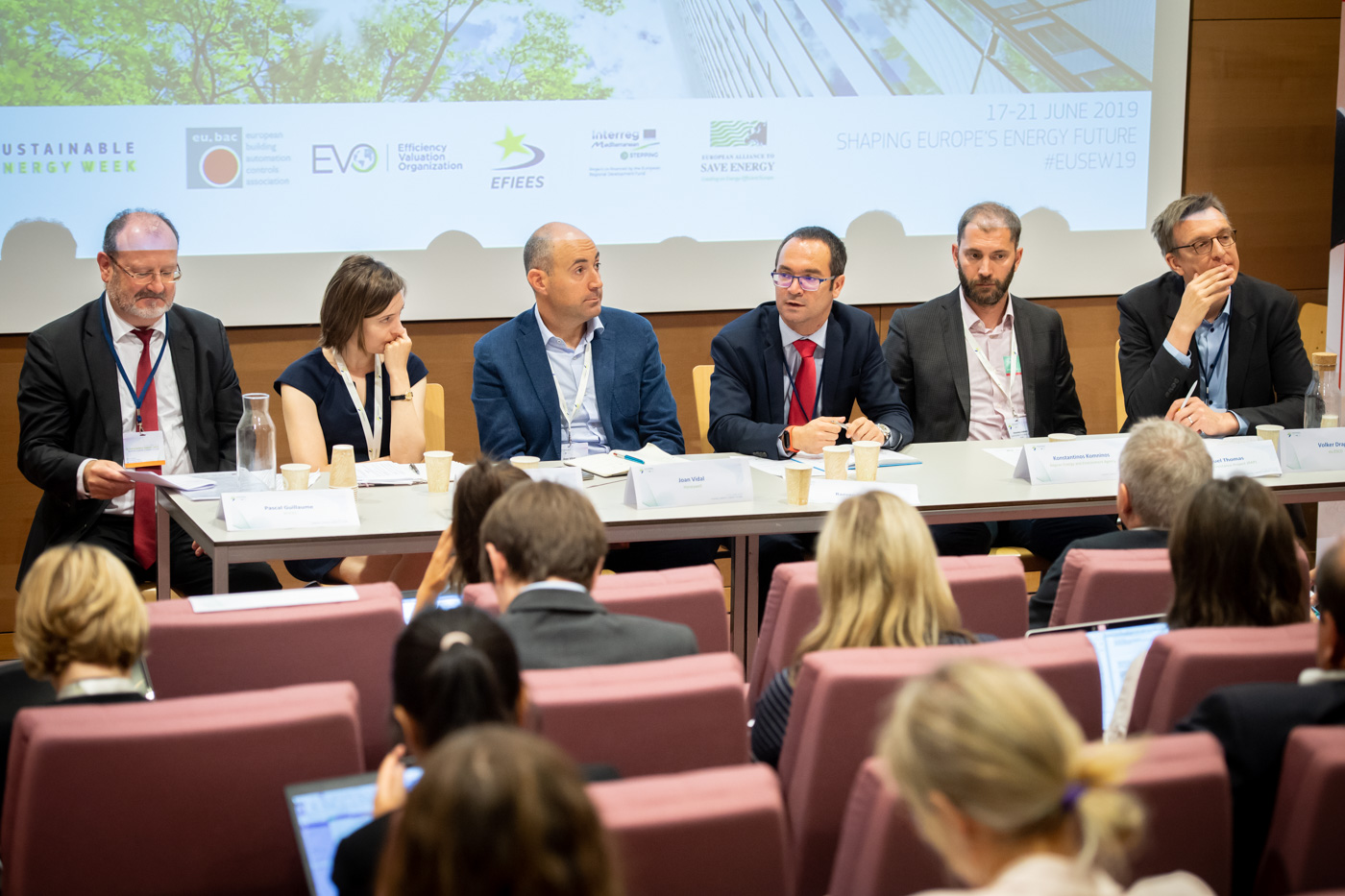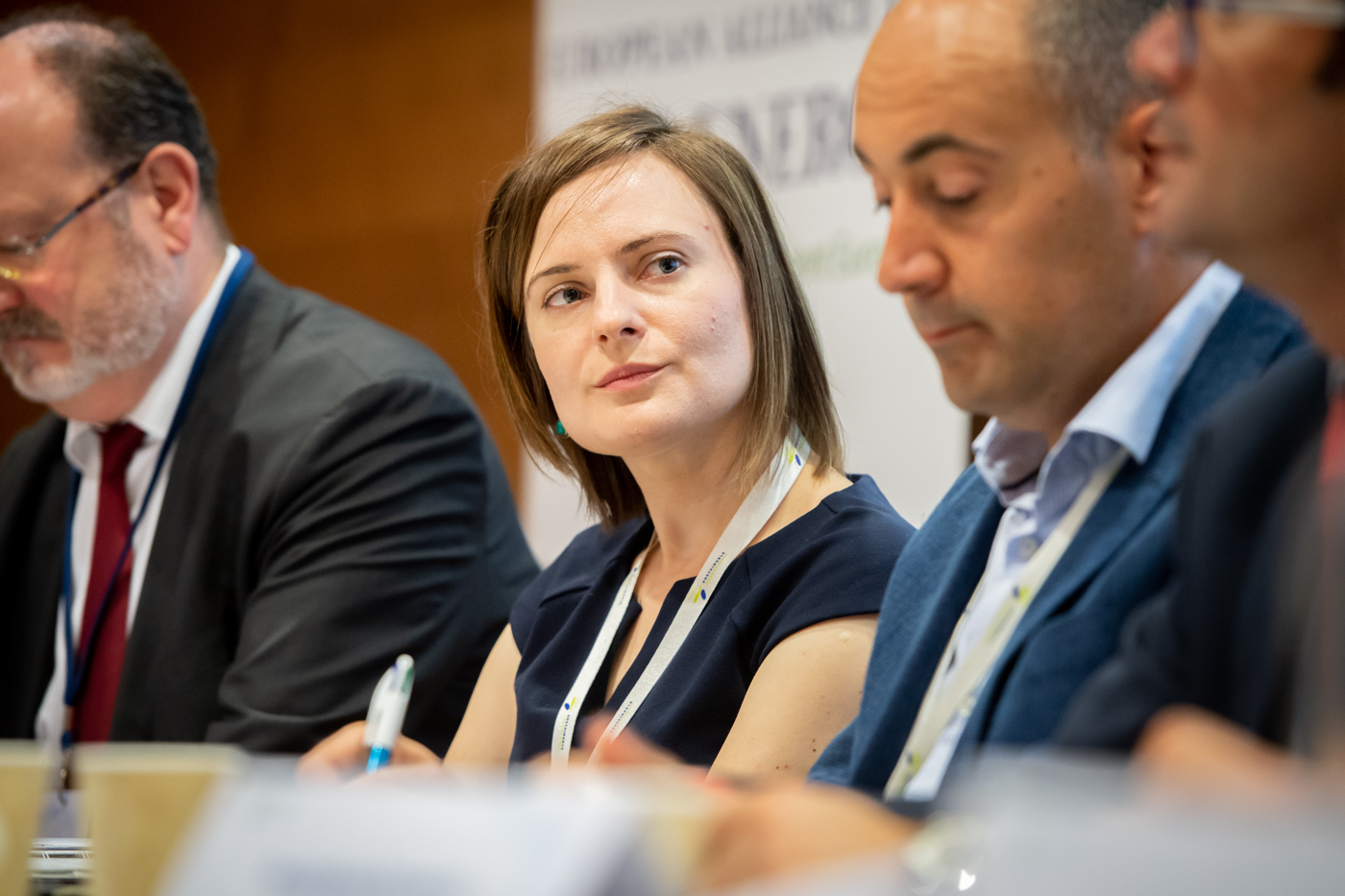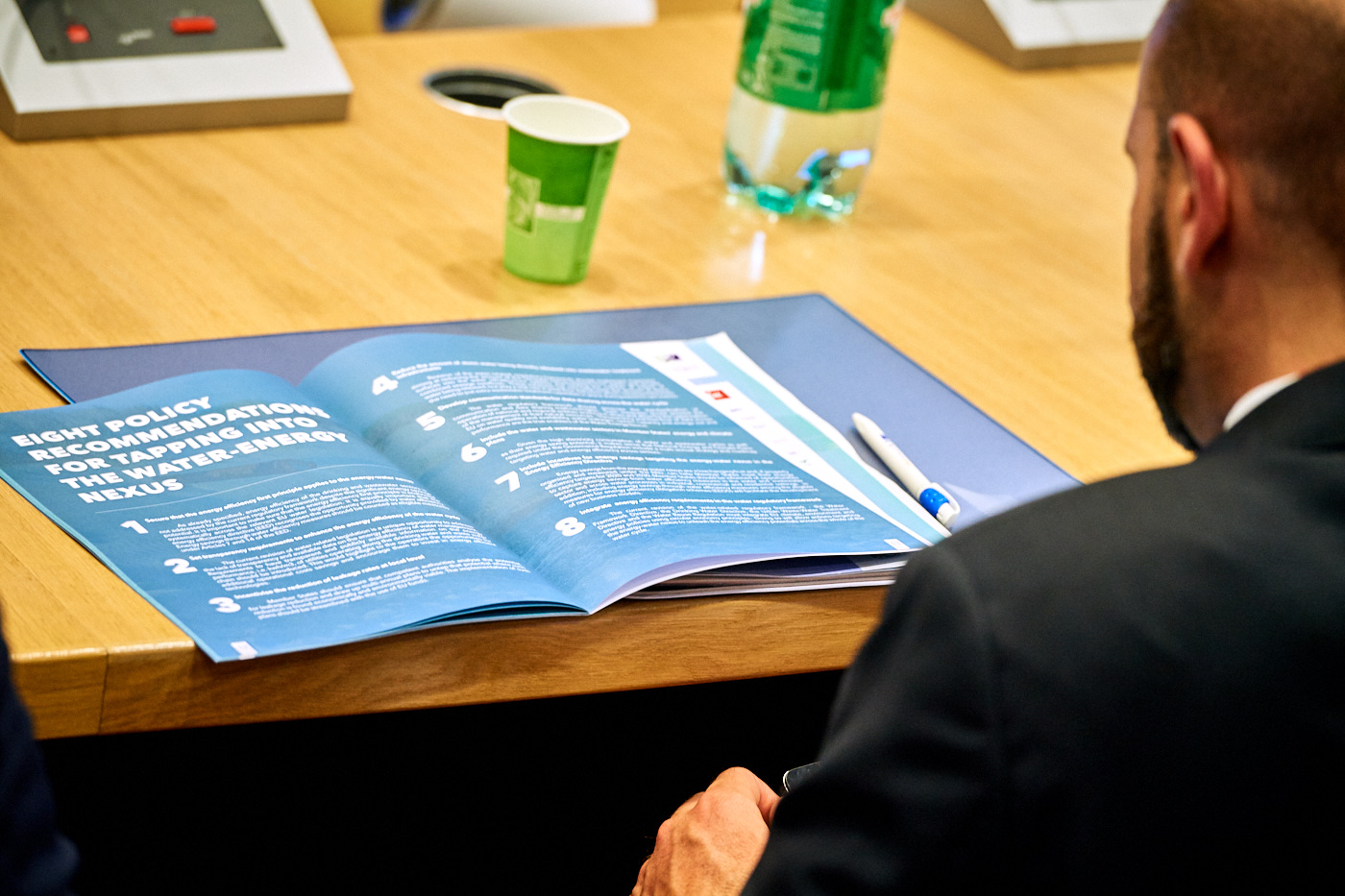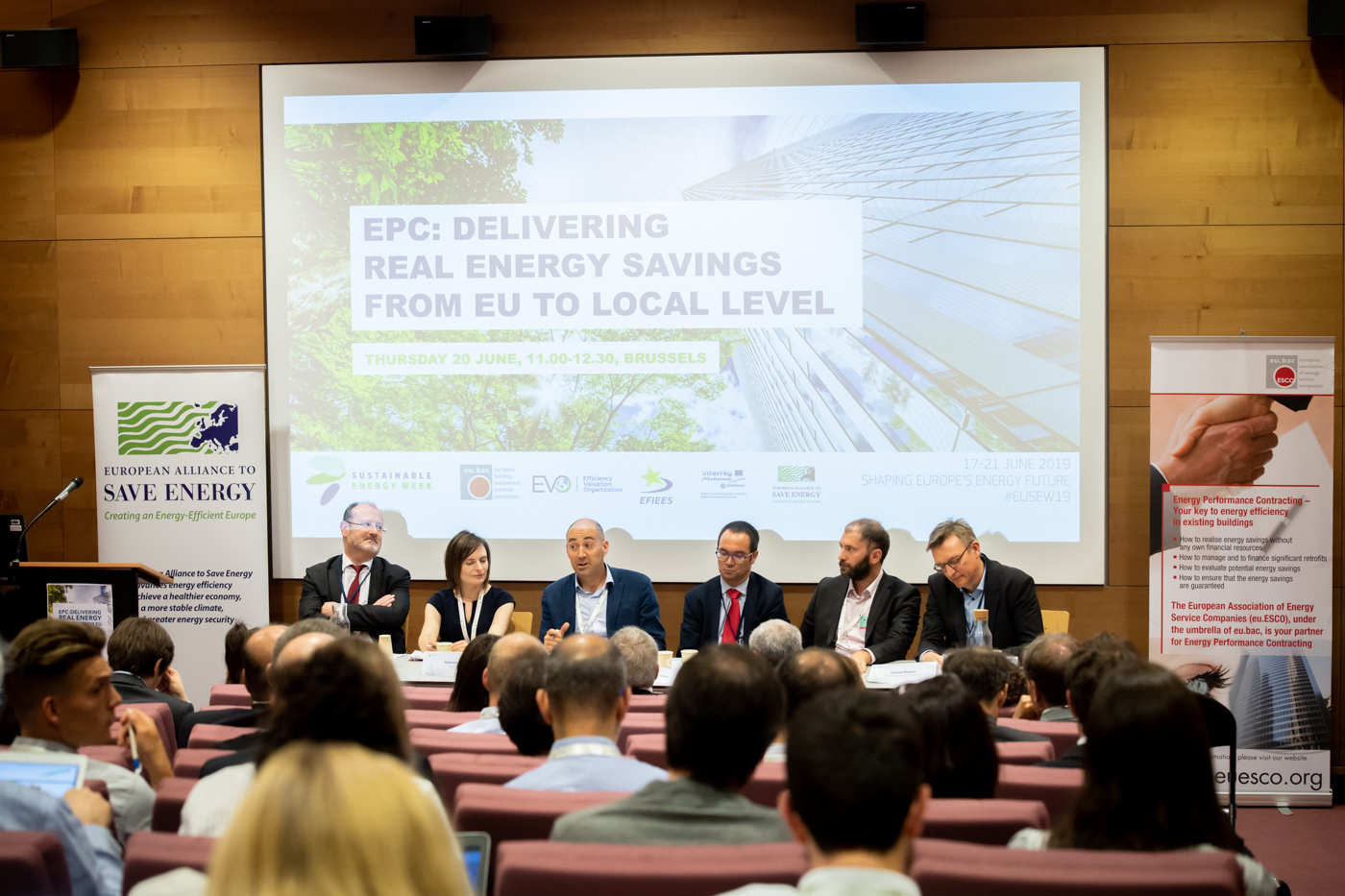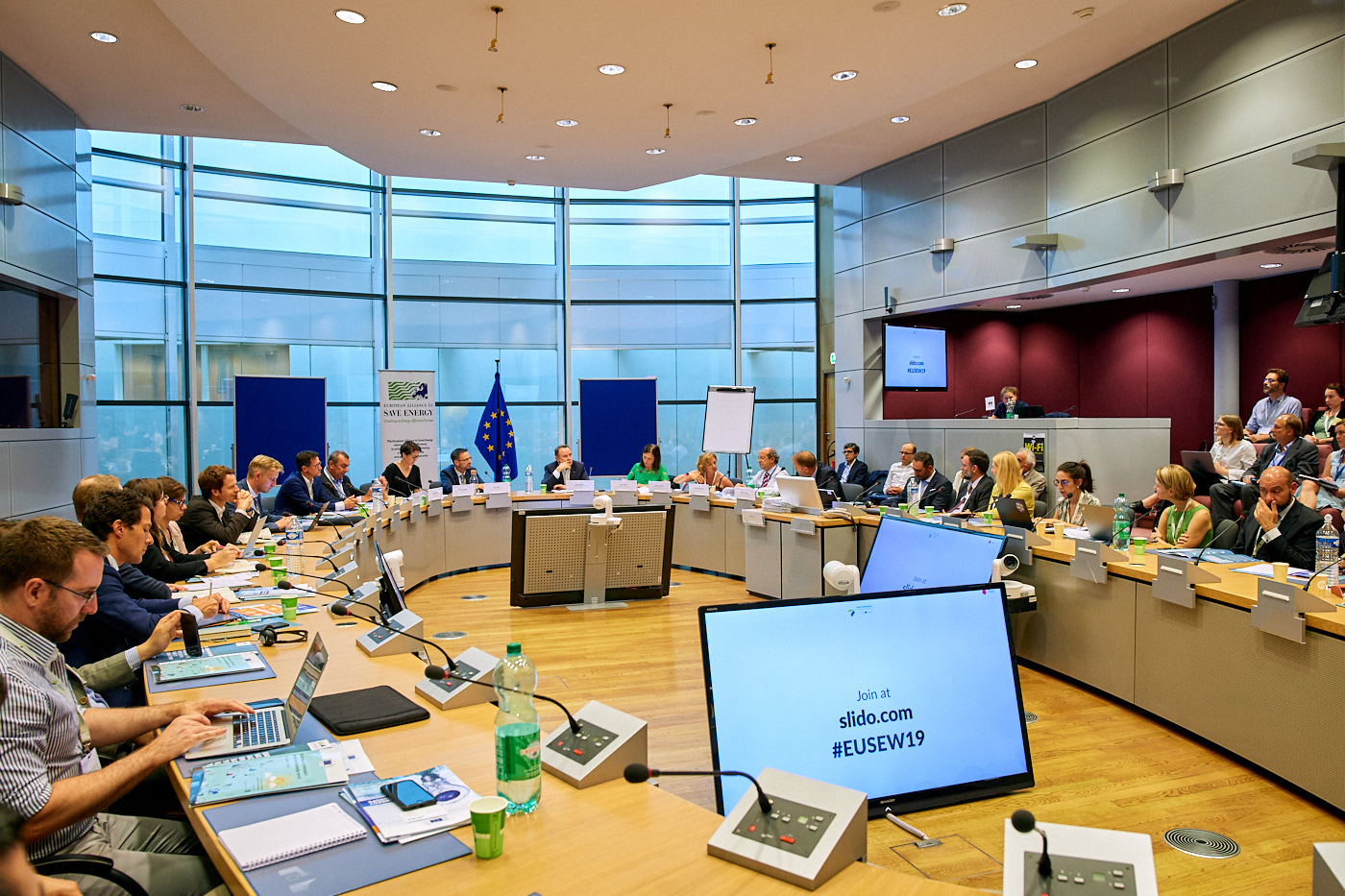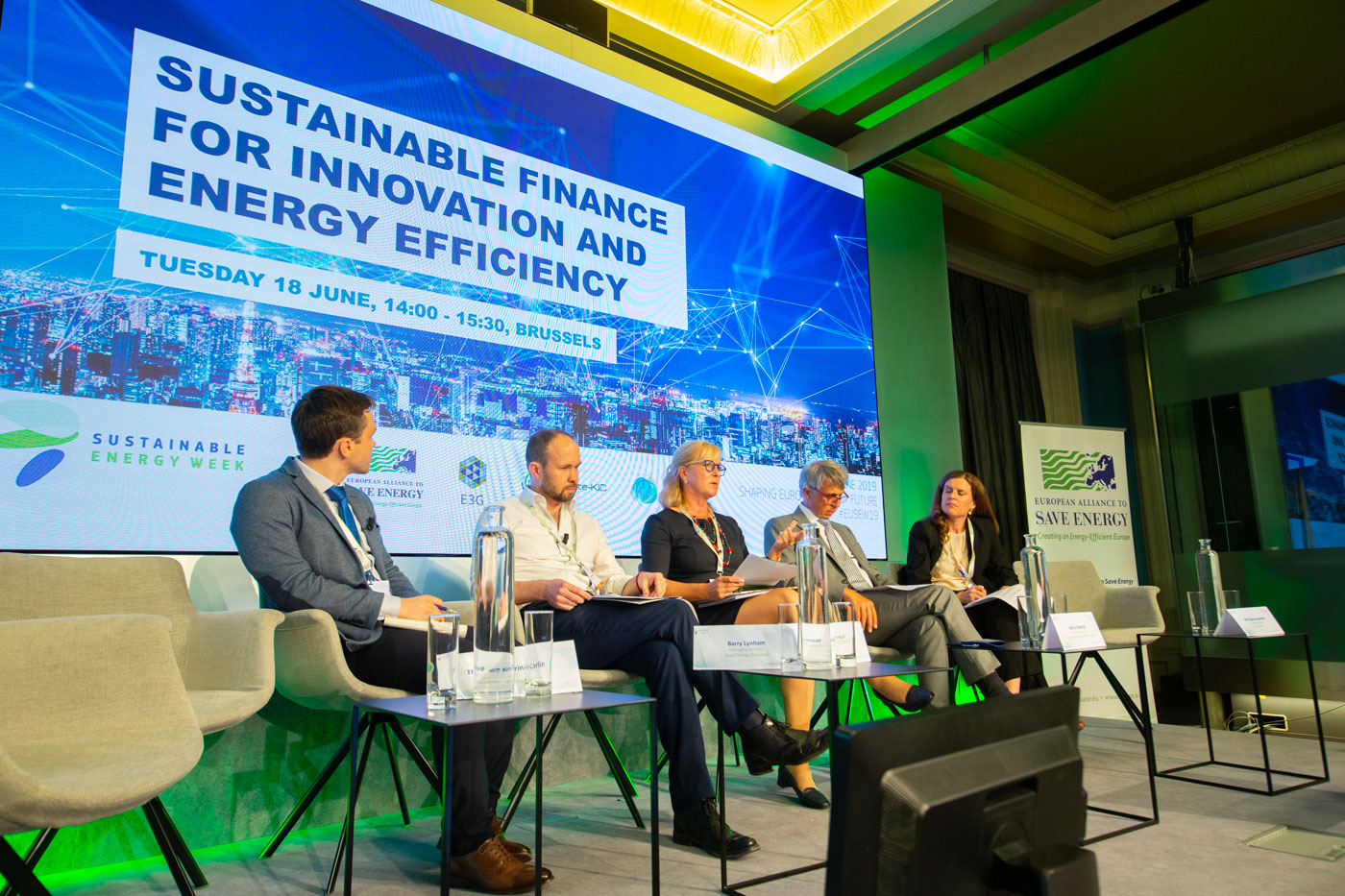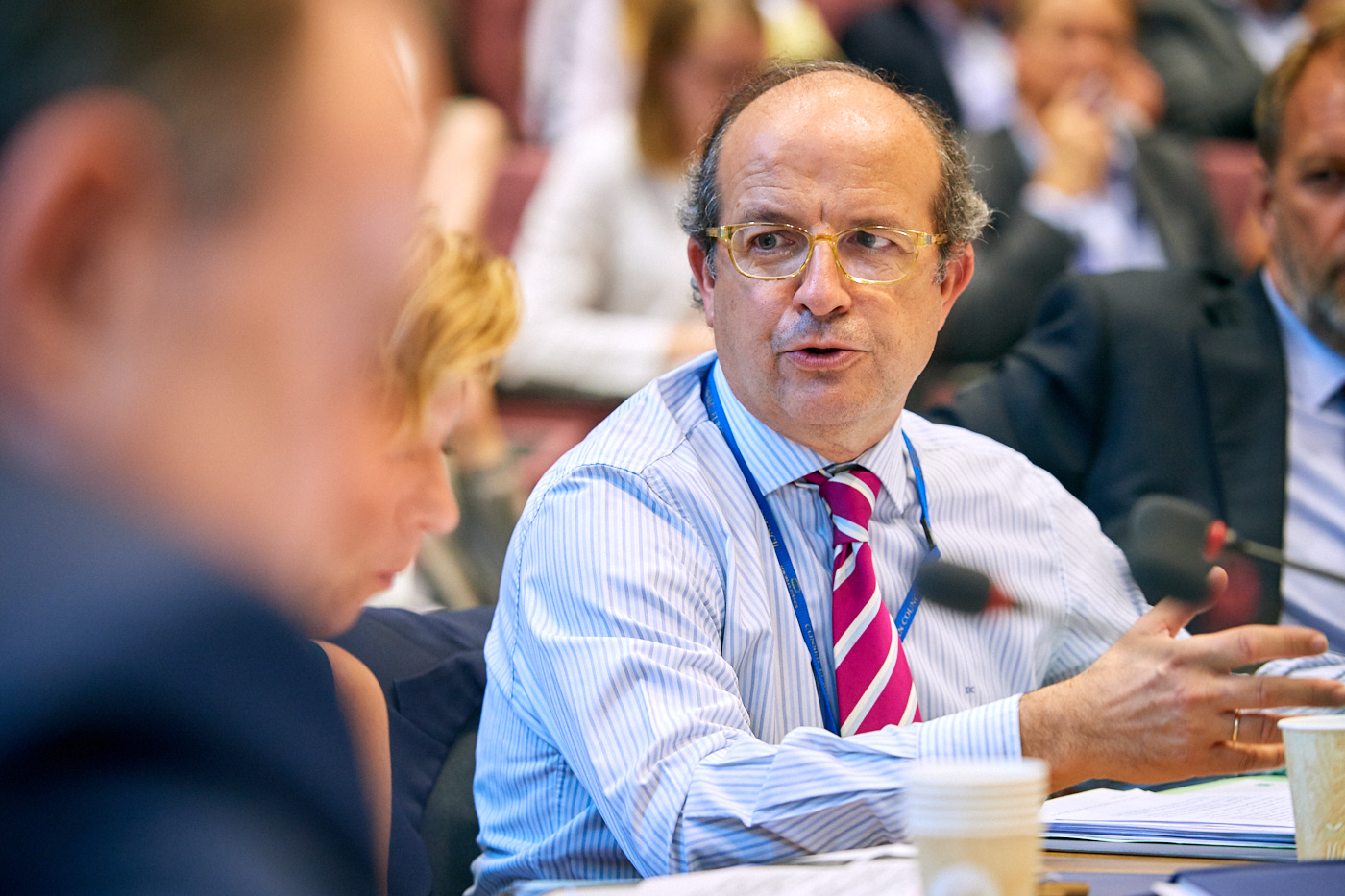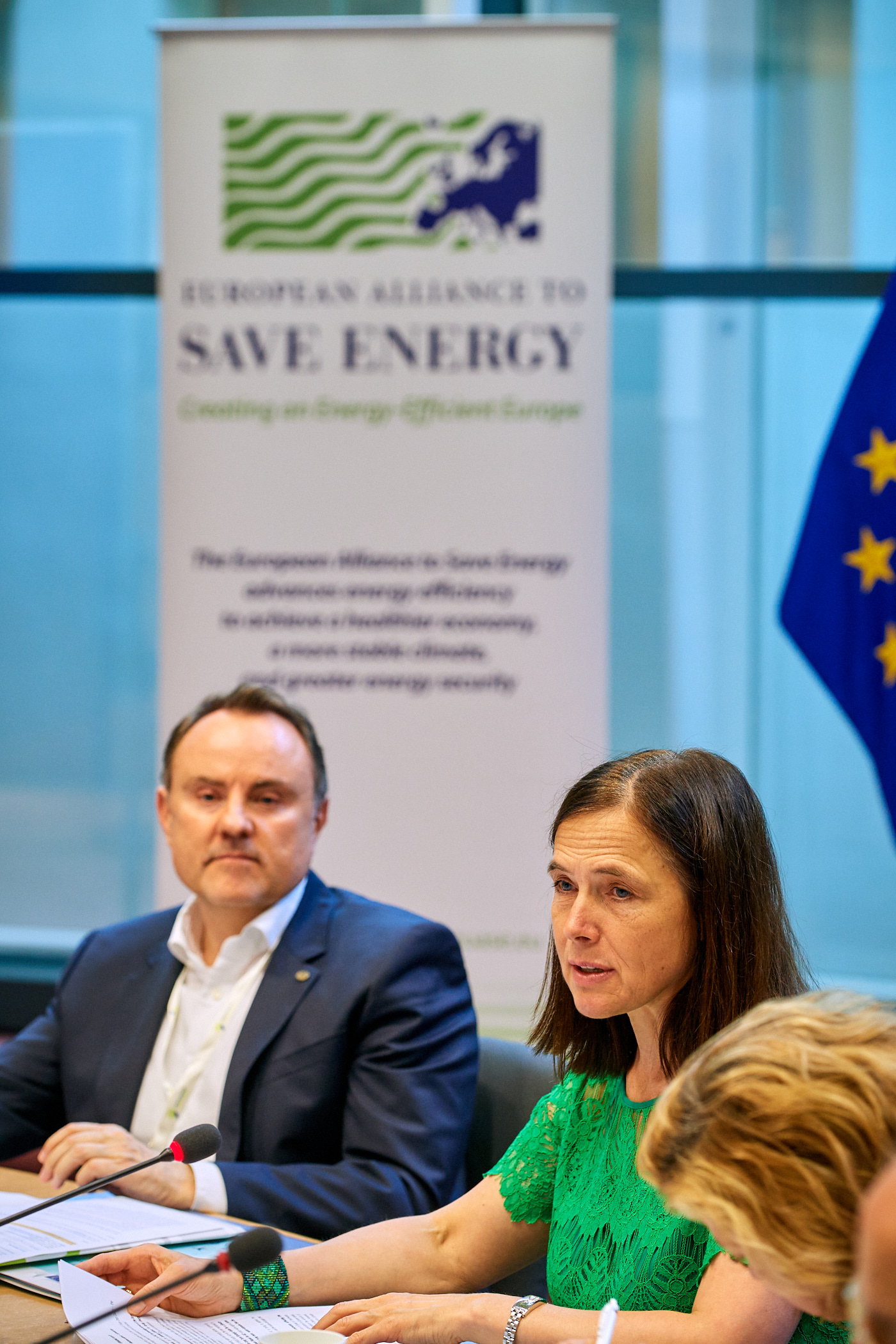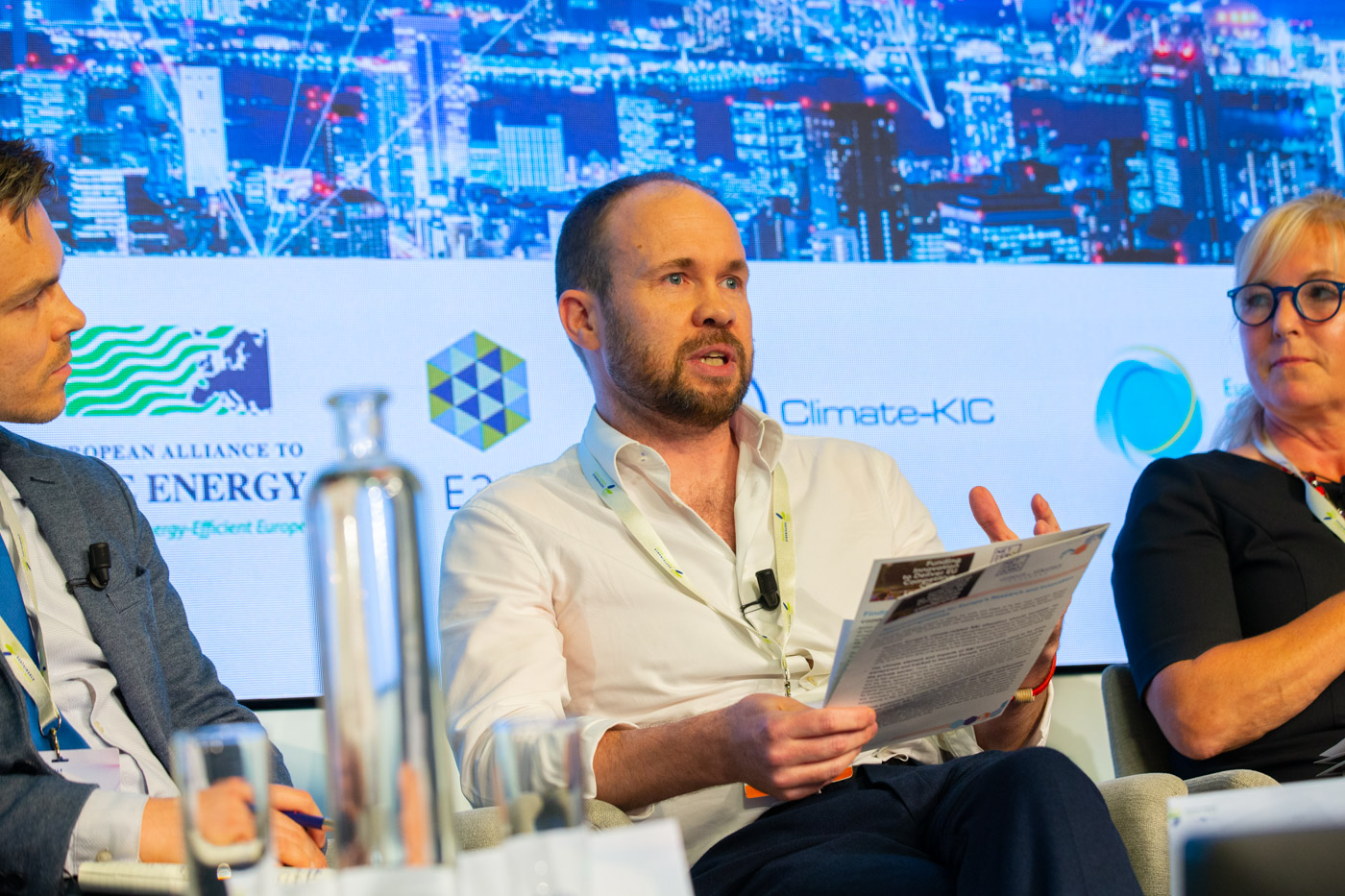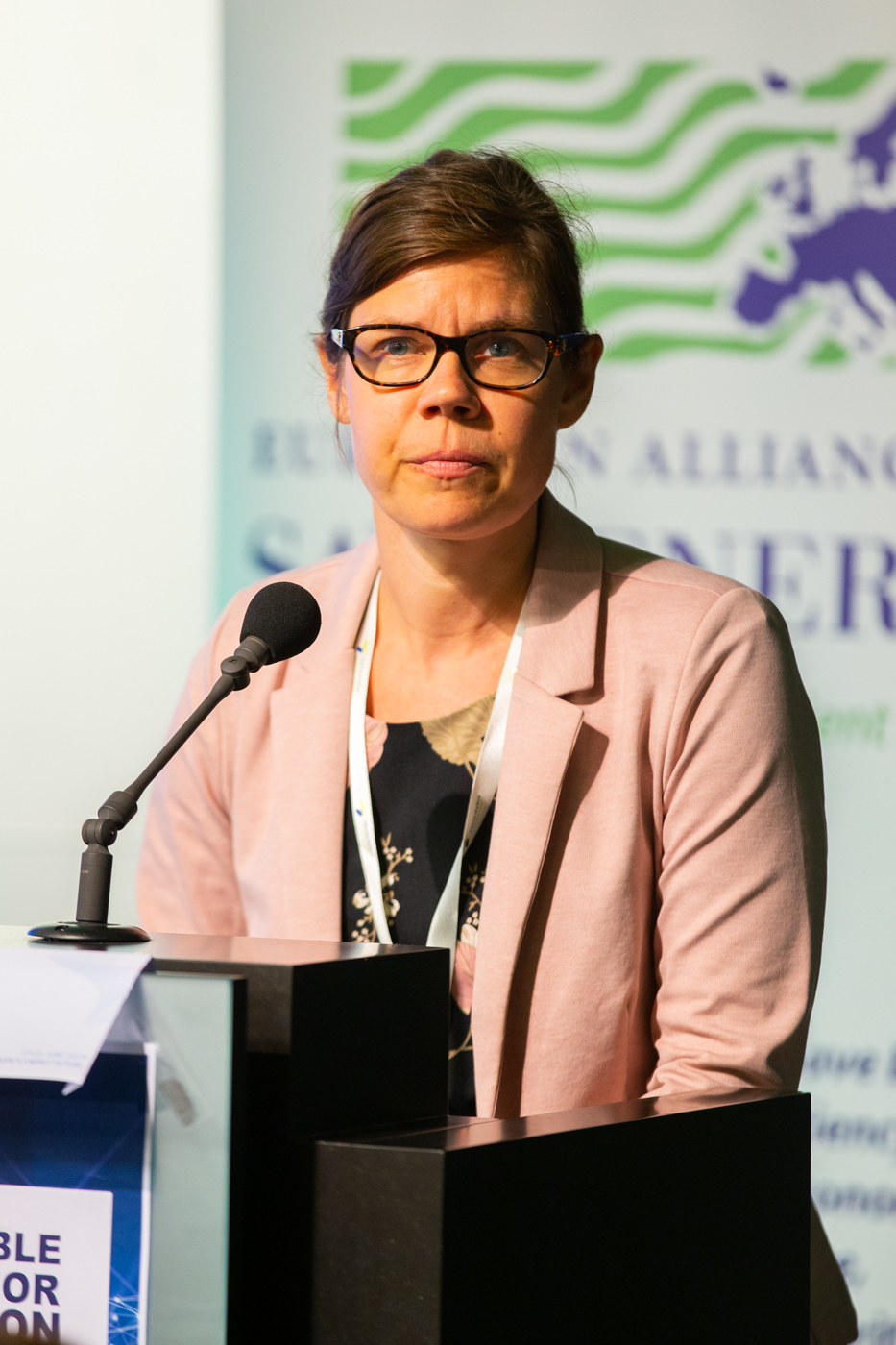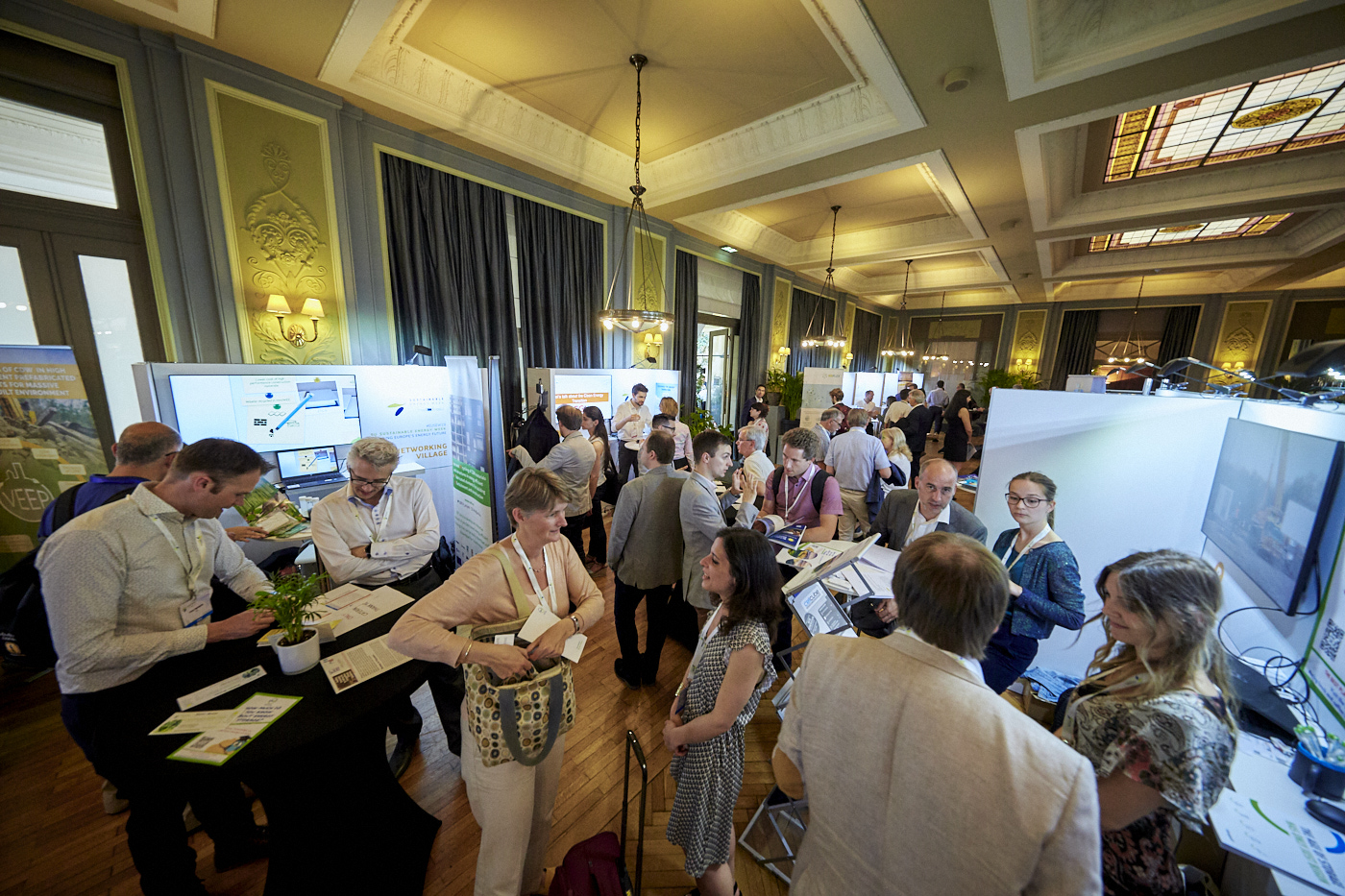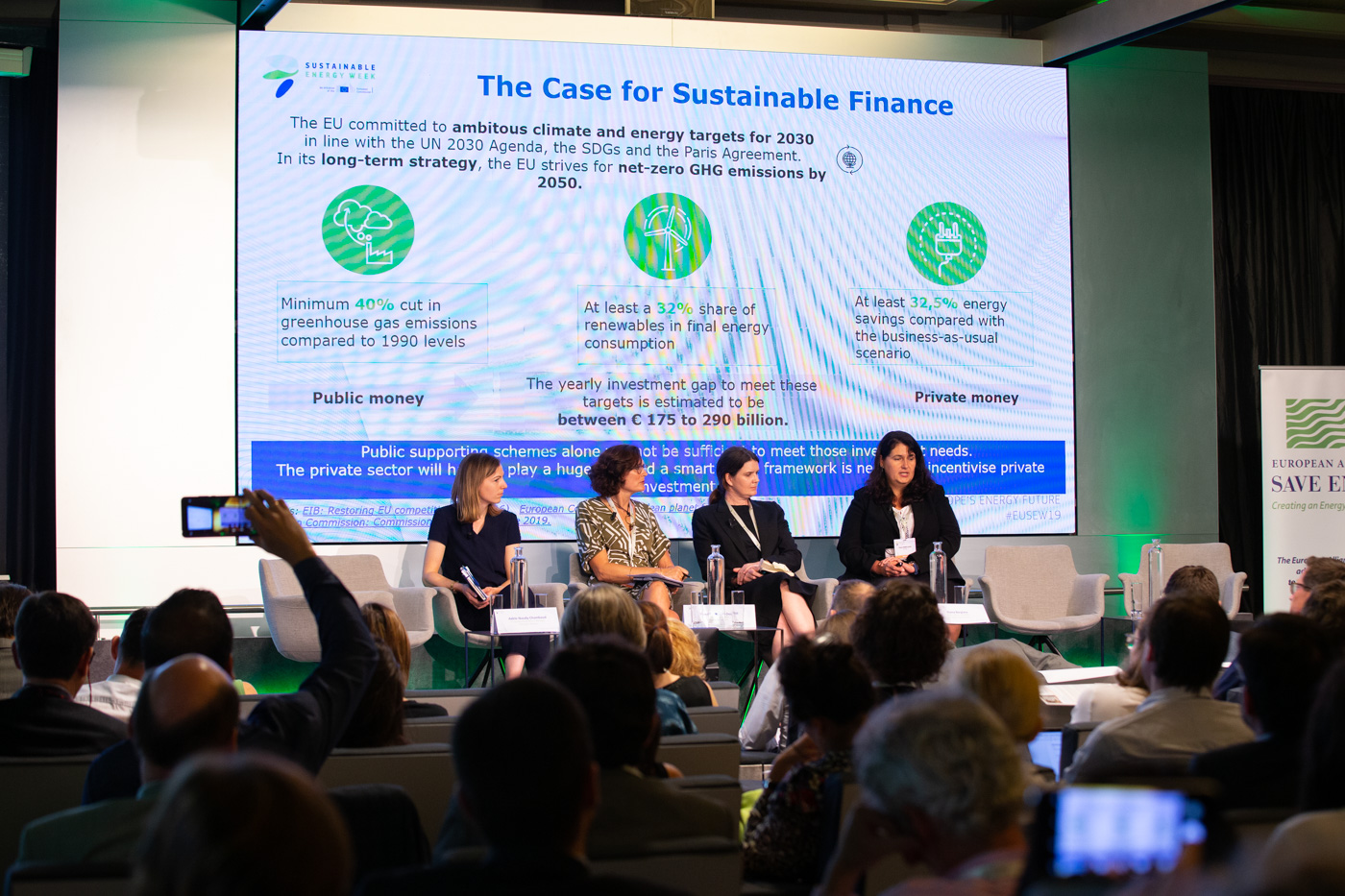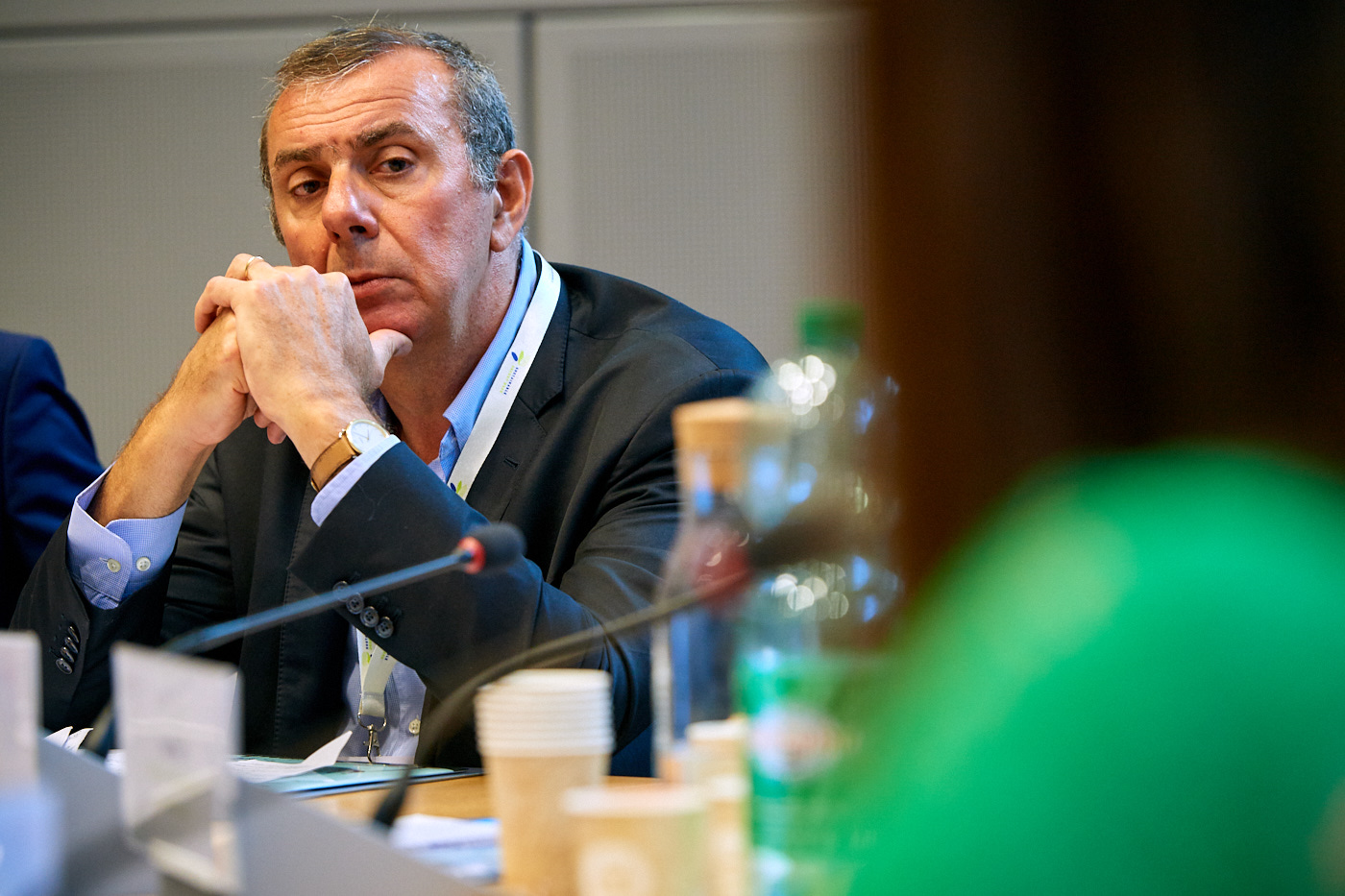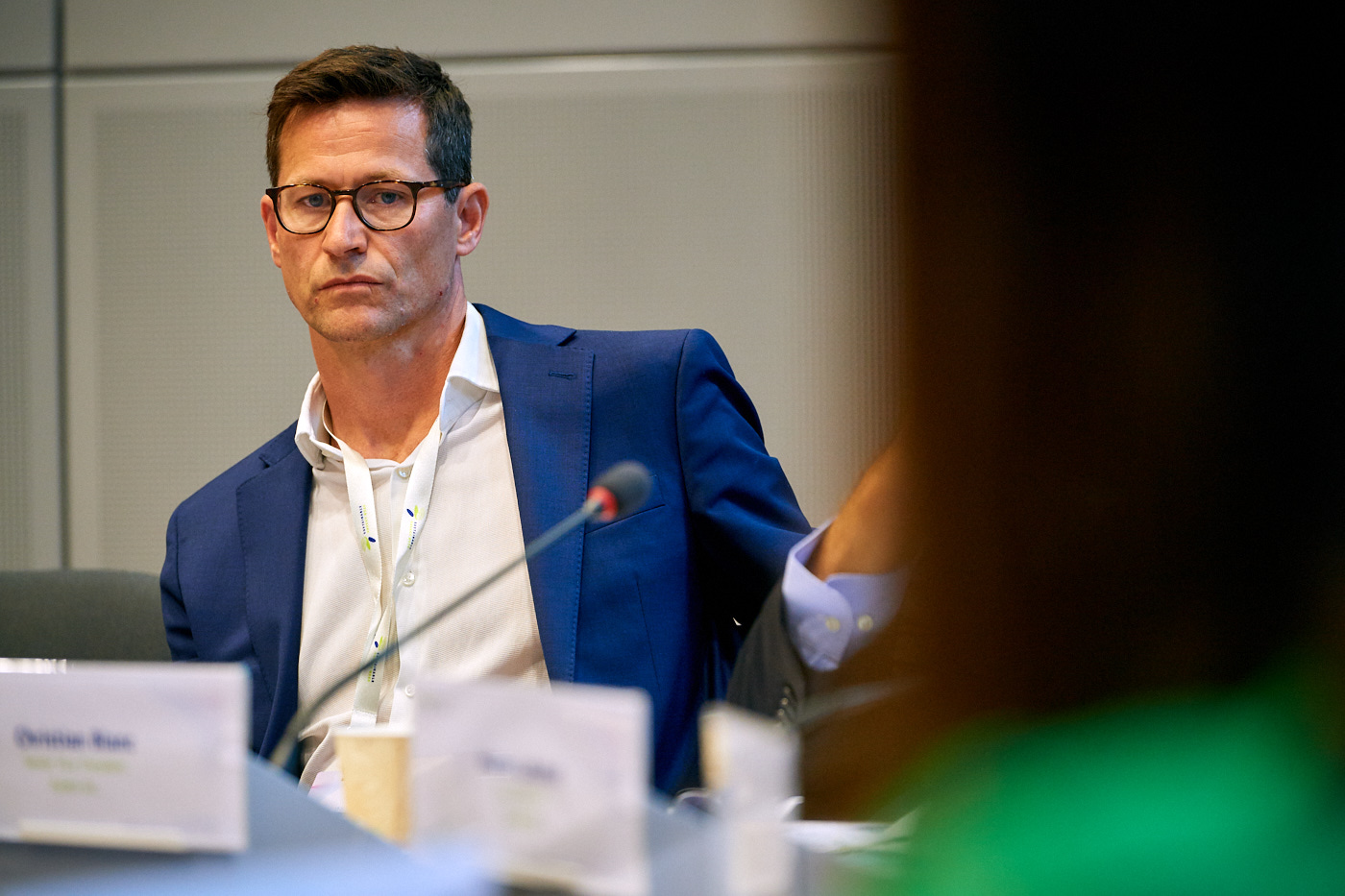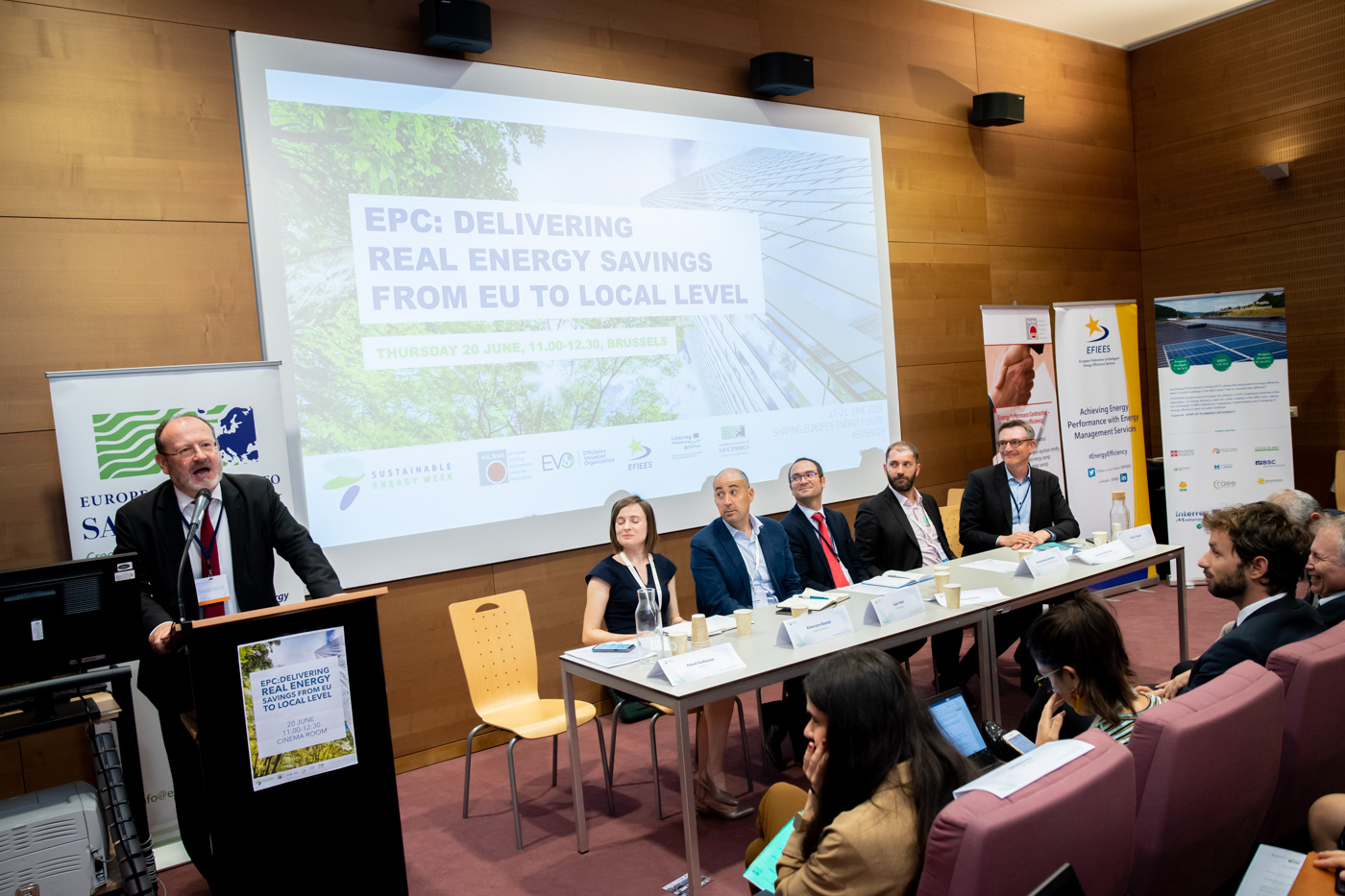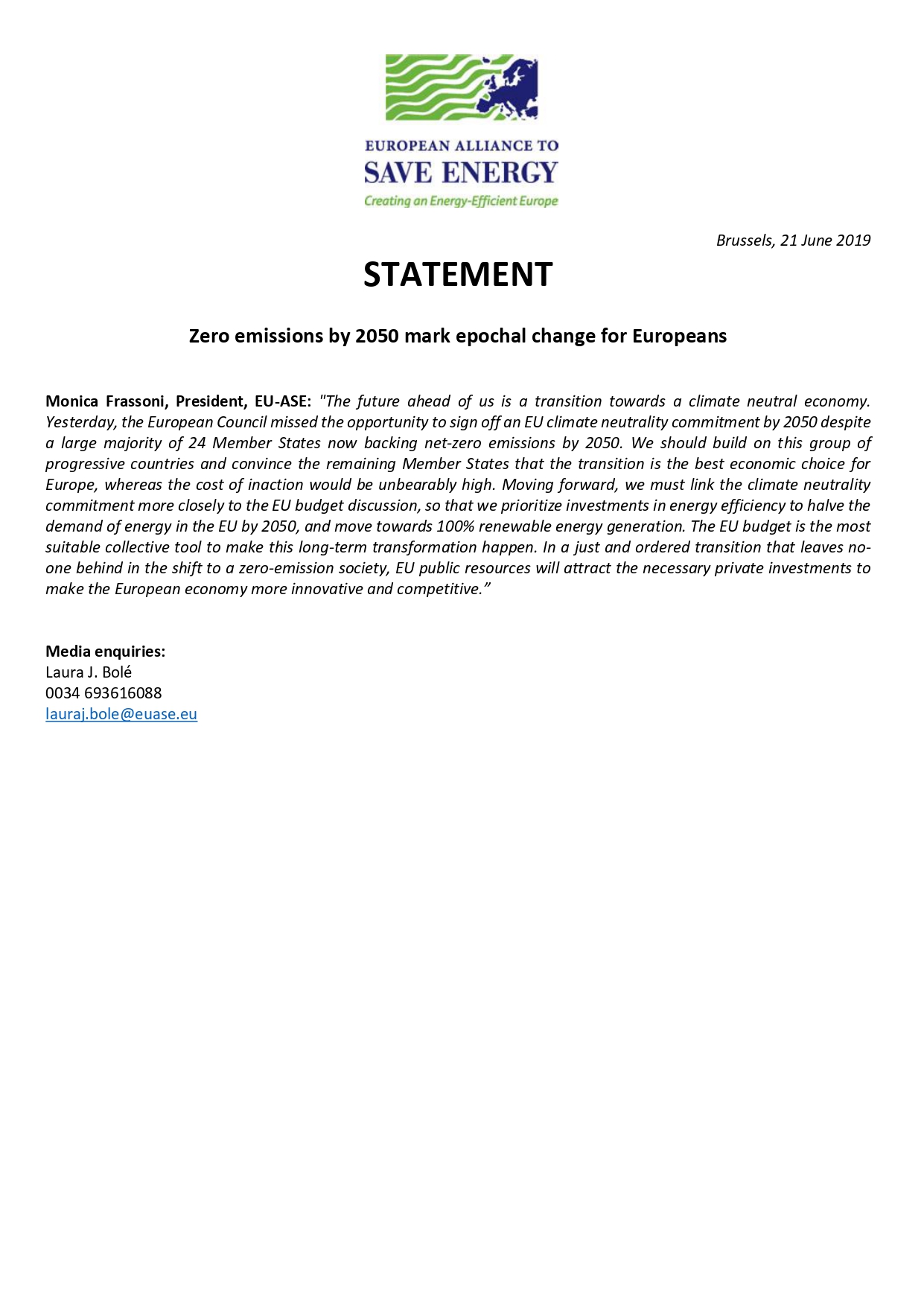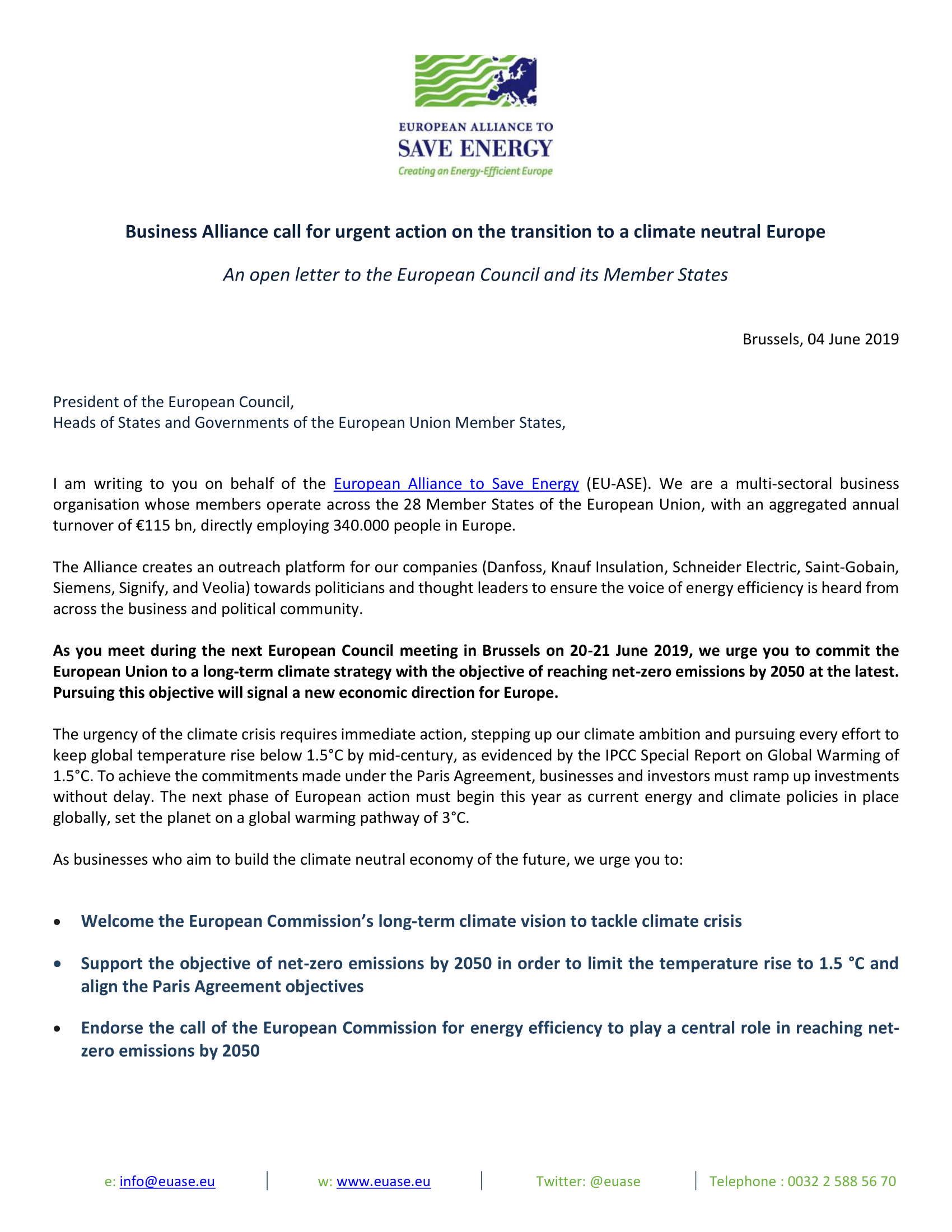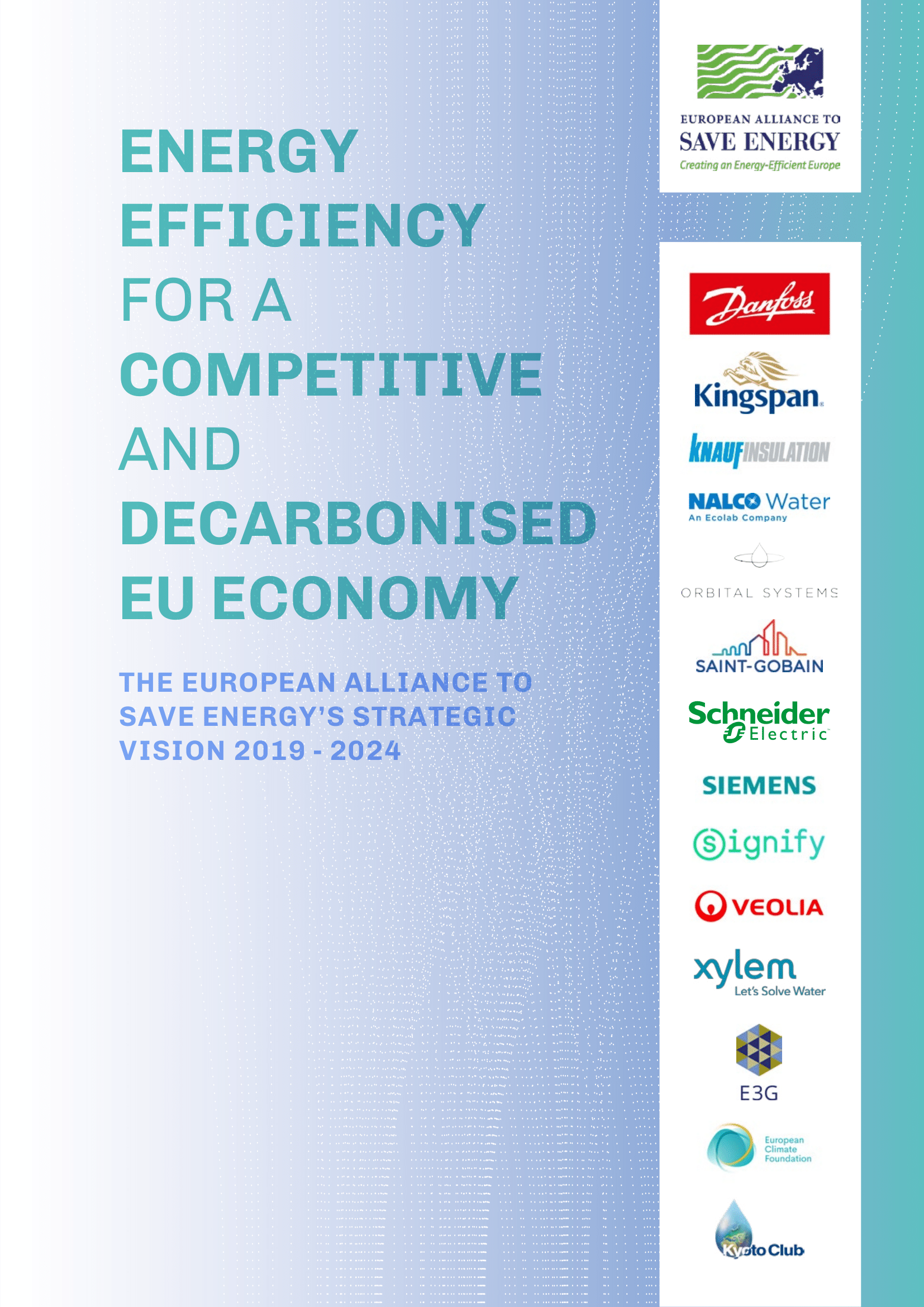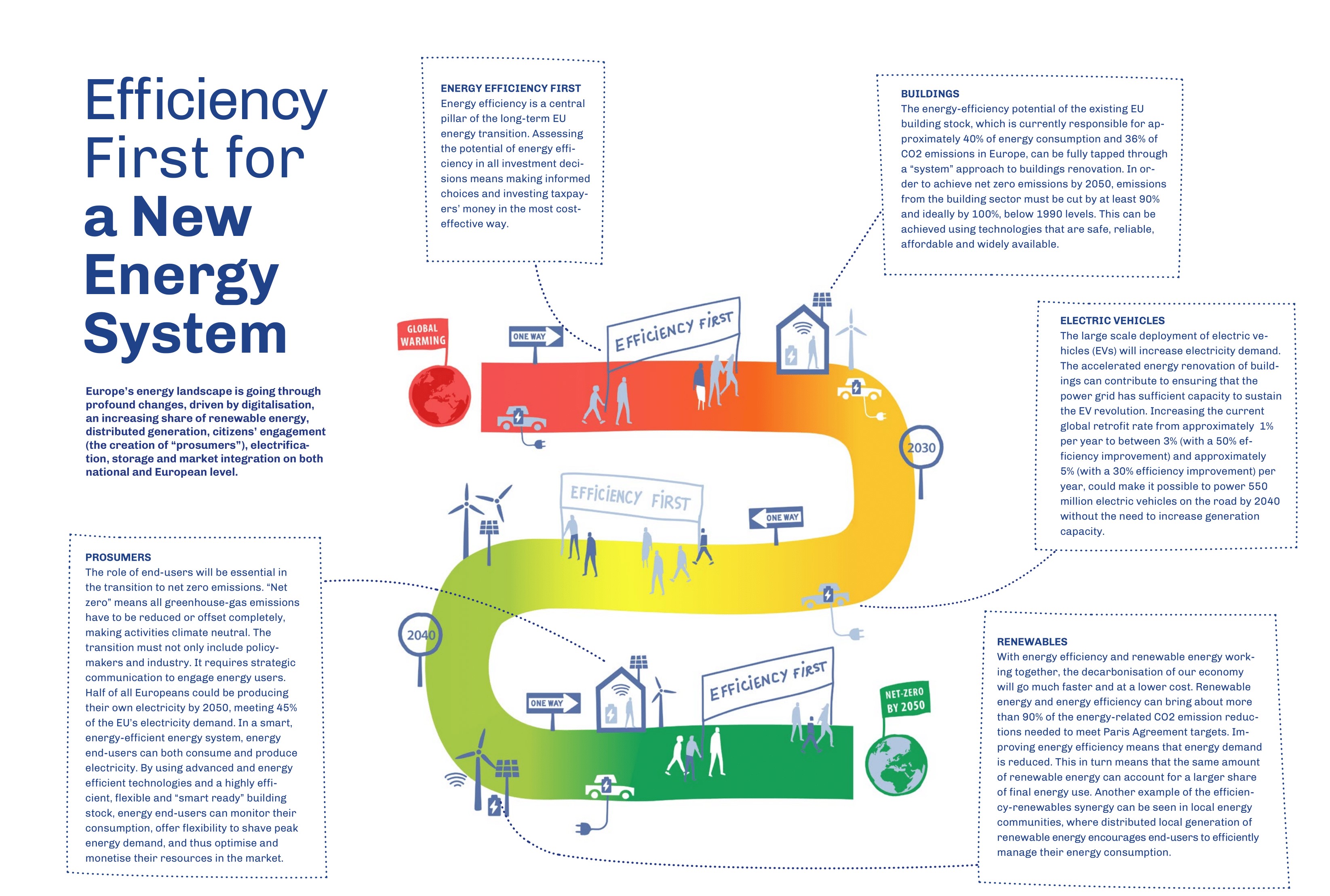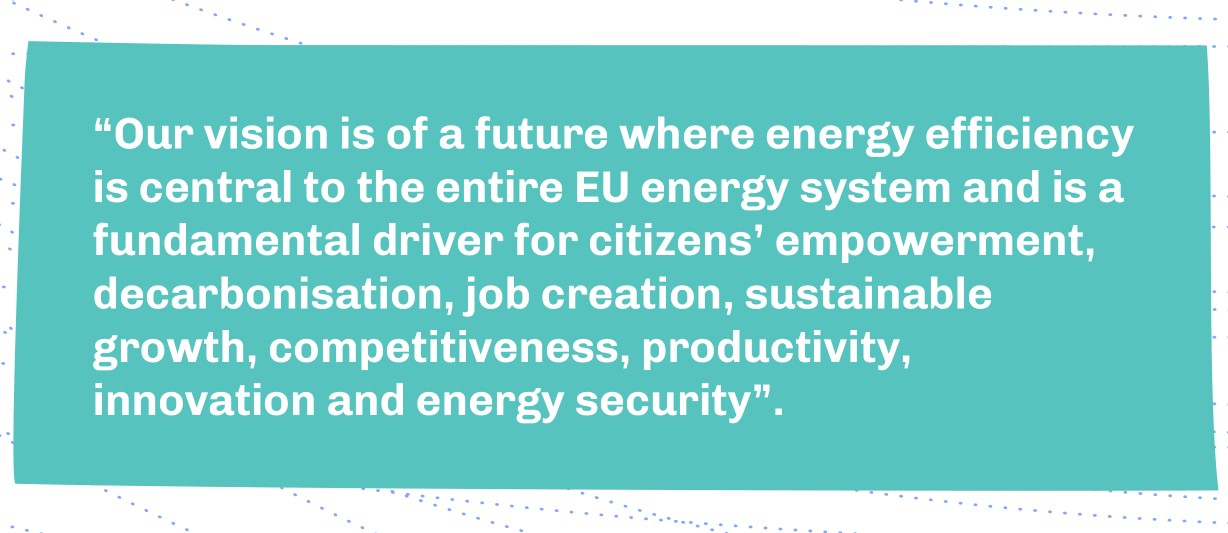IEA: Water-energy nexus
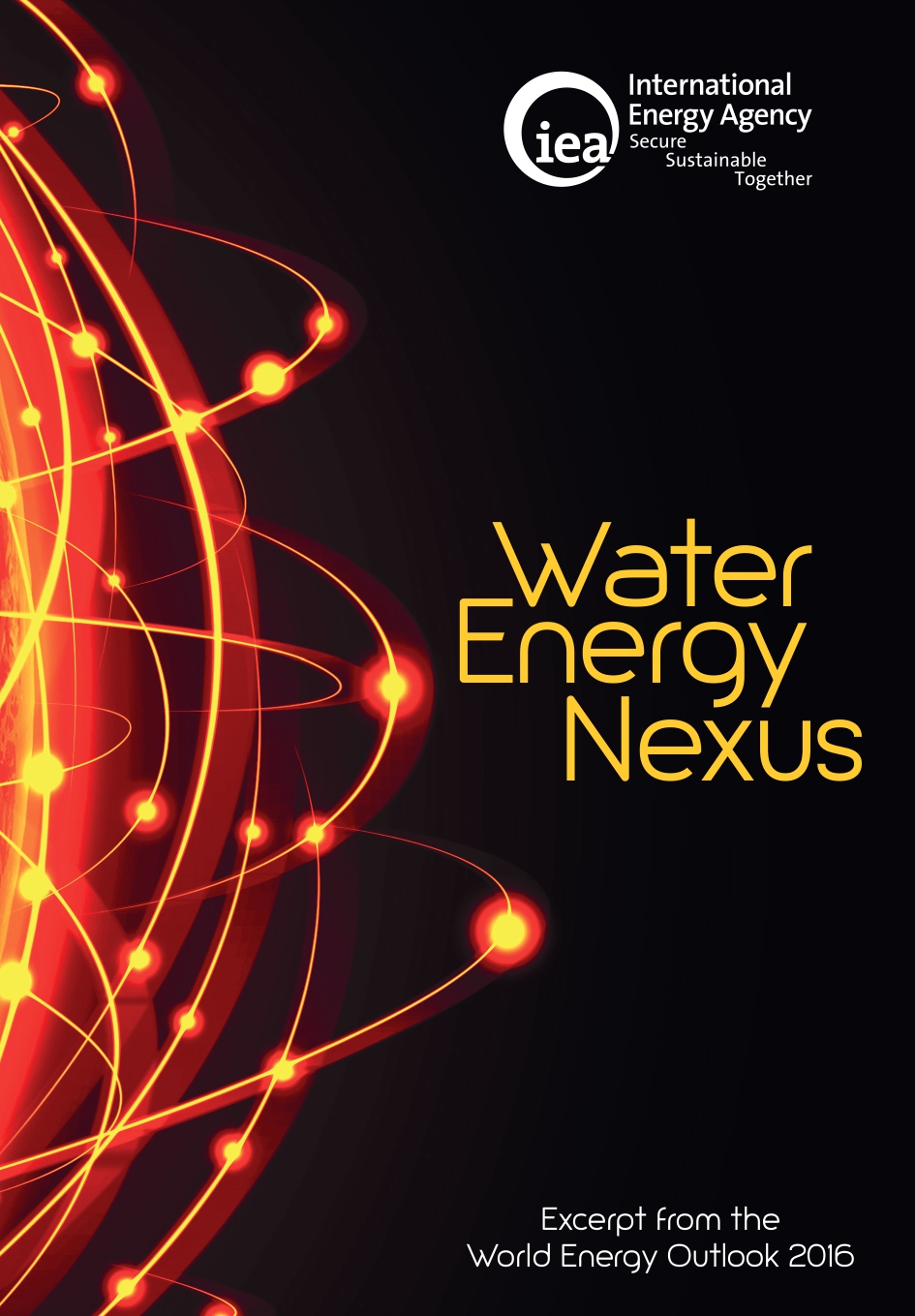
Energy supply depends on water. Water supply depends on energy. The interdependency of water and energy is set to intensify in the coming years, with significant implications for both energy and water security. Each resource faces rising demands and constraints in many regions as a consequence of economic and population growth and climate change.
Recognising the critical intersection of water and energy, the IEA has sought to understand the linkages and provide data and analysis to help policymakers and stakeholders anticipate stress points and identify policies, technologies and practices capable of addressing the associated risks.
In a fast-changing political and economic environment, 2025 was a year of continued efforts to strengthen security, stability, and competitiveness for European businesses.
Throughout the year, our work demonstrated that energy efficiency is not only essential to achieving climate goals, but also a key driver of innovation, energy independence and sustainable long-term growth across Europe.
Strong engagement with policymakers, combined with the successful organisation of the 4th European Energy Efficiency Day, highlighted the importance of collaboration and dialogue in advancing shared objectives. Partnerships across sectors and institutions remained central to delivering impact and shaping effective energy policies.
Looking ahead to 2026, we will intensify our efforts to secure the regulatory certainty that can accelerate the energy transition, while providing businesses with the investment confidence they need and strengthening Europe’s competitiveness.
Read the full Activity Report here.


